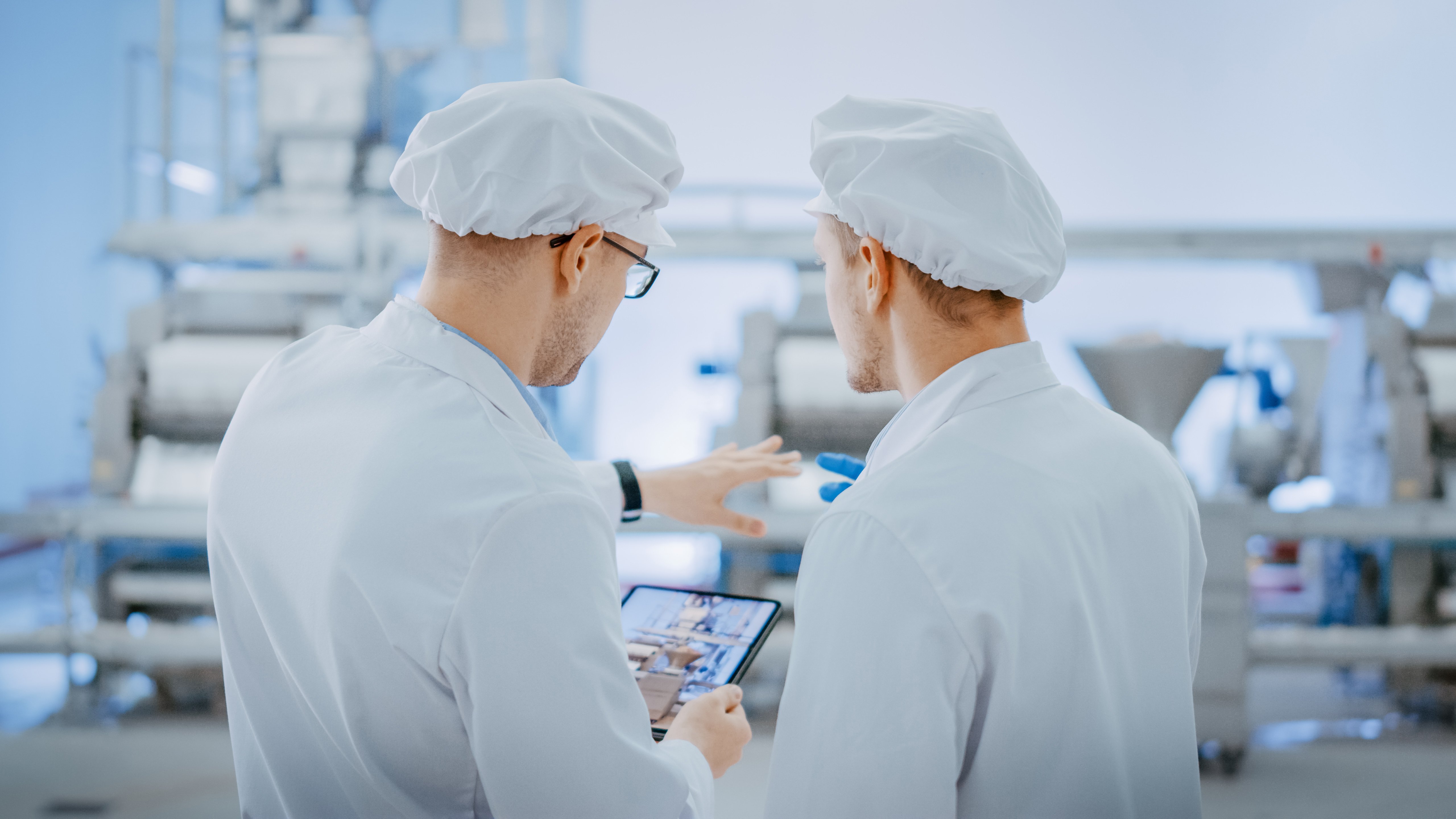In the rapidly evolving industrial landscape in food and beverage, the transformative impact of digitalization is becoming increasingly evident. From boosting productivity and efficiency to enhancing agility, yield, customer/market response and quality, the advantages of embracing contemporary technology are undeniable.
And the benefits of digitalization are apparent throughout the entire lifecycle of technology. From conception and design through simulation, testing, fabrication, operation, maintenance, and upgrades, every stage becomes faster, more efficient, and closer to perfection. The key lies in leveraging digital tools and architectures that align with the demands and dynamics of the specific market.
Protein growth
One such booming market is animal protein, which, according to Expert Market Research, is projected to grow at a CAGR of 4.10% between 2023 and 2028. To maximize profitability in the face of this growing demand, companies must modernize and fully embrace the capabilities of digitalized architectures; and this journey begins with a holistic approach, considering both internal and external stimuli.
The protein industry, like many others, faces challenges, such as supply chain volatility, rising costs, labor shortages, increased demand for product variation, and stringent sustainability regulations. Yet, these challenges are also opportunities for improvement. Rockwell Automation provides holistic solutions throughout the technology lifecycle, addressing design, testing, production, and beyond.

